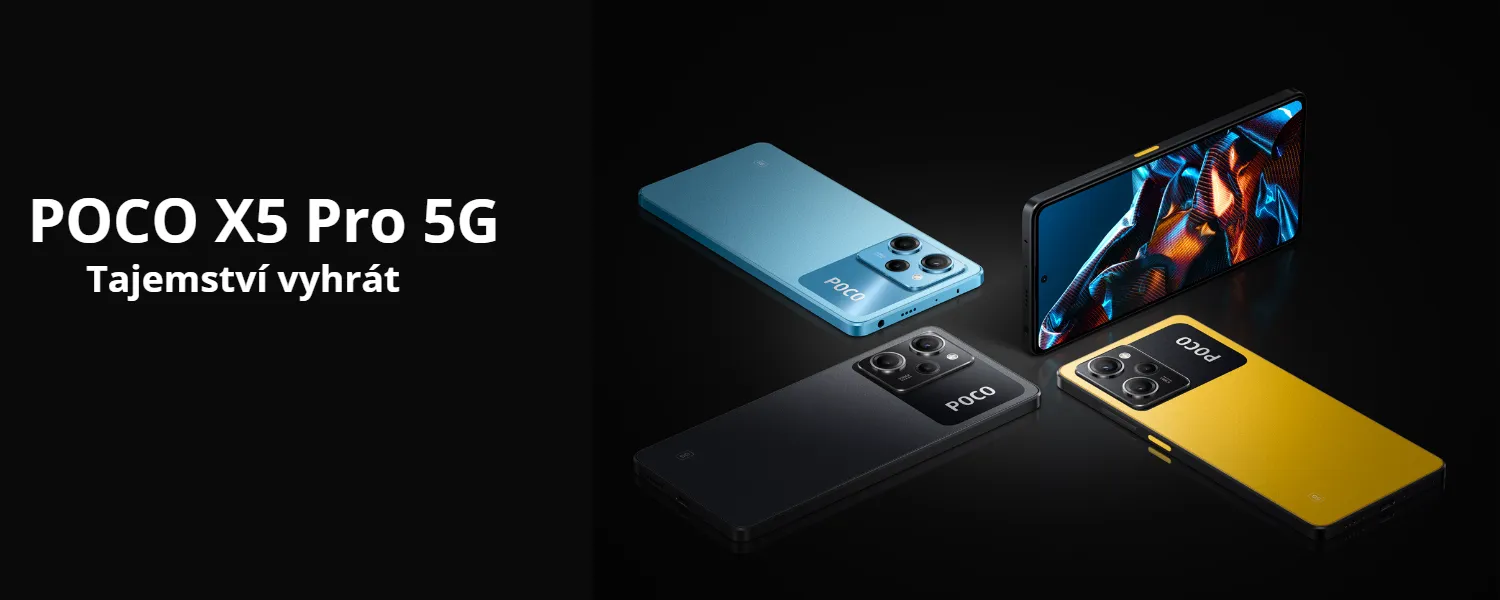Unlocking the Future: How 5G is Revolutionizing America’s Connectivity
In the rapidly evolving landscape of digital communication, 5G technology is emerging as a transformative force that promises to reshape how Americans live, work, and connect. This groundbreaking network is not just an incremental upgrade, but a fundamental revolution in connectivity that will touch nearly every aspect of modern life.
The deployment of 5G across the United States represents a quantum leap in telecommunications technology. With the ability to deliver speeds up to 100 times faster than 4G, this network is set to unlock unprecedented possibilities for consumers, businesses, and entire industries.
The Speed Revolution
At the heart of 5G’s potential lies its remarkable performance capabilities. Imagine downloading an entire high-definition movie in mere seconds or experiencing virtually zero lag in critical applications. This isn’t just a theoretical promise—it’s becoming a reality for millions of Americans.
Key performance advantages of 5G include:
- Blazing-fast download speeds
- Near-instantaneous response times
- Ability to support massive device connections
- Enhanced reliability in diverse environments
Transforming Industries
5G is not just about faster smartphones. It’s a technological catalyst that will drive innovation across multiple sectors. From healthcare to agriculture, the potential applications are truly revolutionary.
“5G is more than a network upgrade—it’s the foundation of our future digital ecosystem.” – Technology Industry Expert
Healthcare Innovations
Telemedicine is experiencing a dramatic transformation. Remote patient monitoring and real-time medical consultations are becoming seamlessly possible, especially in rural and underserved communities.
Smart Cities and Infrastructure
Municipalities are leveraging 5G to create more intelligent, responsive urban environments. Traffic management, energy efficiency, and public safety systems are being reimagined through connected infrastructure.
Economic and Strategic Implications
The rollout of 5G is expected to be a significant economic driver. Analysts predict the technology could contribute billions of dollars to the U.S. economy and create thousands of high-tech jobs.
Moreover, 5G is increasingly viewed as a critical component of national technological leadership. The race for 5G supremacy is not just about speed—it’s about global technological competitiveness.
Challenges and Considerations
Despite its immense potential, 5G deployment is not without challenges. Infrastructure costs, regulatory complexities, and cybersecurity concerns remain significant hurdles.
Key challenges include:
1. Substantial infrastructure investment requirements
2. Spectrum allocation complexities
3. Ensuring robust cybersecurity frameworks
4. Addressing potential health and environmental concerns
The Consumer Perspective
For everyday Americans, 5G means more than just faster internet. It represents:
– Enhanced mobile experiences
– Immersive augmented reality
– More reliable connectivity
– New entertainment and communication possibilities
Looking to the Future
As 5G continues to roll out, we’re witnessing the early stages of a connectivity revolution. The technology is not just an endpoint but a launching pad for future innovations like artificial intelligence, autonomous vehicles, and advanced IoT ecosystems.
Conclusion
5G is more than a technological upgrade—it’s a fundamental reimagining of connectivity. As networks expand and technologies mature, Americans stand on the cusp of a digital transformation that will reshape how we live, work, and interact with the world around us.
The future is not just coming—it’s already here, powered by 5G.
Disclaimer: This article is based on current technological trends and expert insights as of 2024.






Leave a Comment